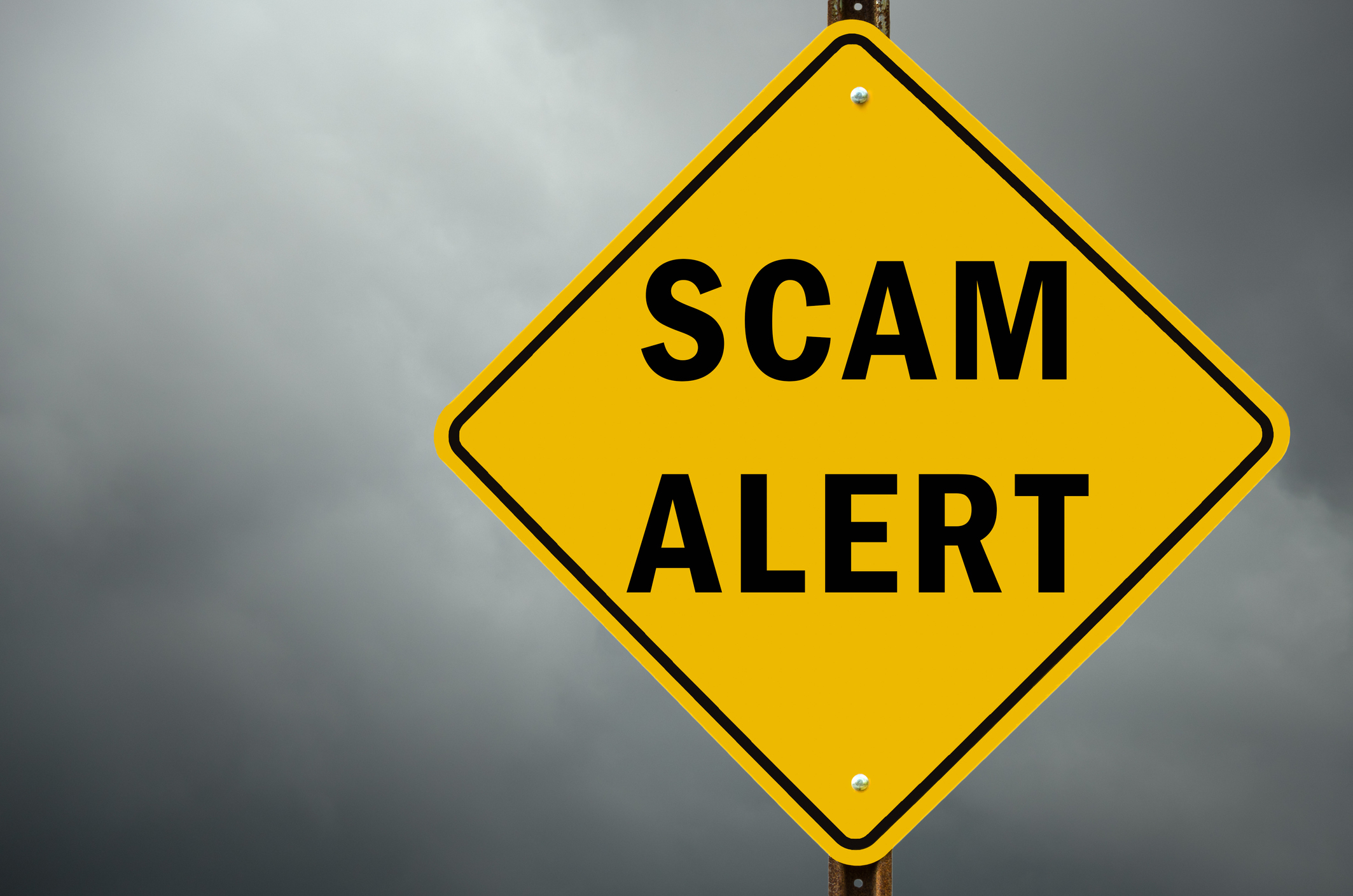Don’t Get Scammed!

I recently heard from a client about how she got scammed. She’d bought (or thought she’d bought) a lot of gift cards on the promise she would receive a gift worth more than she spent. Well, needless to say, she not only didn’t receive the freebie, but the gift cards weren’t real, either. She lost thousands of dollars.
Unfortunately, in 2023, the scam era is upon us. And the digital world makes it easier than ever to reach a “mark.” Twenty years ago, charities’ fundraising was done largely by snail-mailed invitation. Back then, it was routine to meet with your banker, your attorney, etc. in person. But no more.
Now, scammers use fake caller IDs to seem as if they are a friend or other trusted individual. They can alter images and voices via easily available Artificial Intelligence software.
Even before these new scams were everywhere, I often told people my motto (one of them, anyway) was, “Trust, but verify.” I still try to trust – to a point – but it’s getting harder to tell others to do so.
Instead, I would warn you – be vigilant! But do verify, by all means.
Don’t answer calls if you don’t know the number, and, if you do, be aware the caller may be misidentifying him/herself.
If someone tells you, via telephone or email, that it is imperative you take immediate action, DON’T! Instead, confirm the situation first with the appropriate authority / organization / individual via a separate call which you initiate to a verified telephone number.
Do not send money, nor give out sensitive information based on an email or an unverified telephone call!
Don’t be afraid to grill any potentially suspect callers – ask questions! Investigate! It’s all too easy to impersonate these days.
Remember, the IRS – and most government offices – will not contact you via telephone or email. They will contact you by U.S. mail exclusively.
Do not open emails and attachments from senders you do not recognize, many computer viruses have been spread this way.
If you use payment processors such as PayPal or Zelle, this is one avenue through which hackers could discover your banking information. I am not cautioning against the use of such processors, but I am saying be aware.
Change passwords frequently on all sensitive accounts – and don’t store passwords on your computer, or in your browser’s “convenient” feature for that. Use trusted password protection software, such as Passportal, Set up dual authentication wherever possible.
Maybe the worst part of these ubiquitous scams is the depressing awareness that all too many people are doing this. So many people clamoring to gain others’ trust to violate that trust.
We always had scoundrels, and we always knew that. But now, it seems we know more about them all over the world – we know both way too much and not nearly enough.
So, we have to be vigilant, to protect ourselves, our families, our loved ones. And be very careful where we place our trust.
It’s sad, but we can remember, even as we heighten our awareness and skepticism, that most people aren’t like that. Probably you don’t know anyone who’d consider scamming another human being for a moment.
We can appreciate that, in any era – that most people are pretty honest when you come down to it – but don’t let’s get caught off-guard by the others.
Have you any experiences – of a scam that worked, or one you blew off because you could tell it was fake?
Please click here to email me directly – I’d love to hear your stories.
Until next time –
Peace,
Eric
